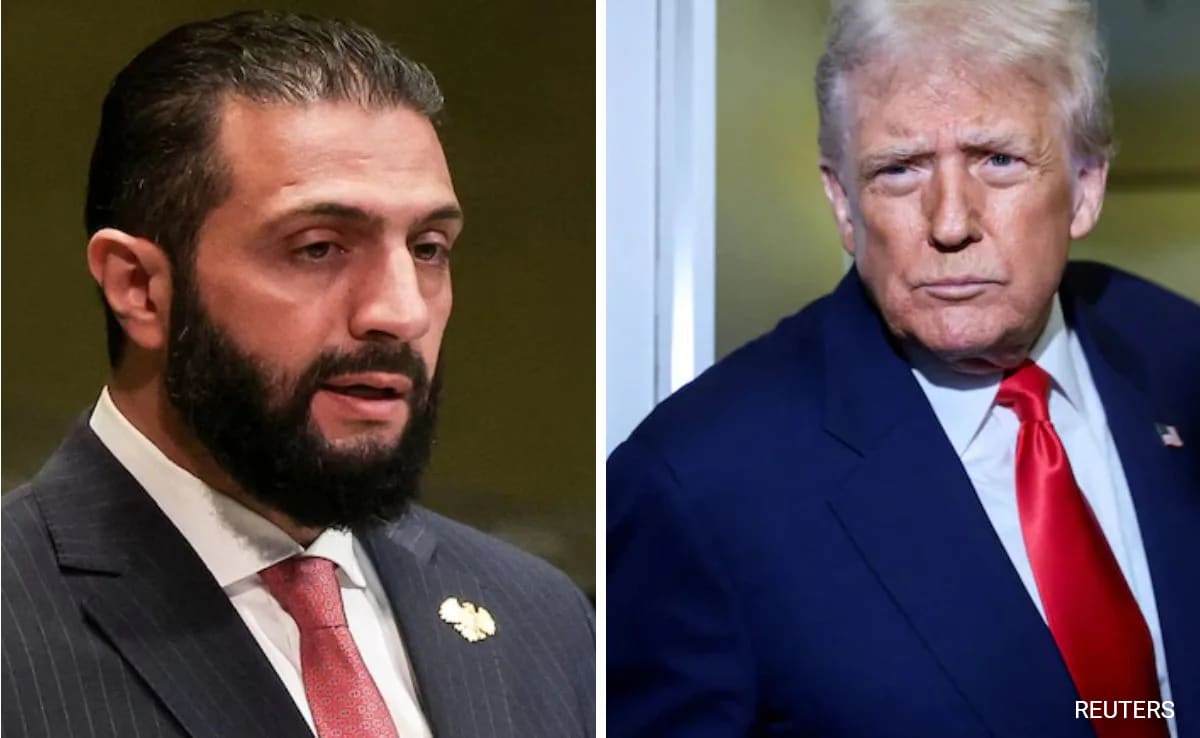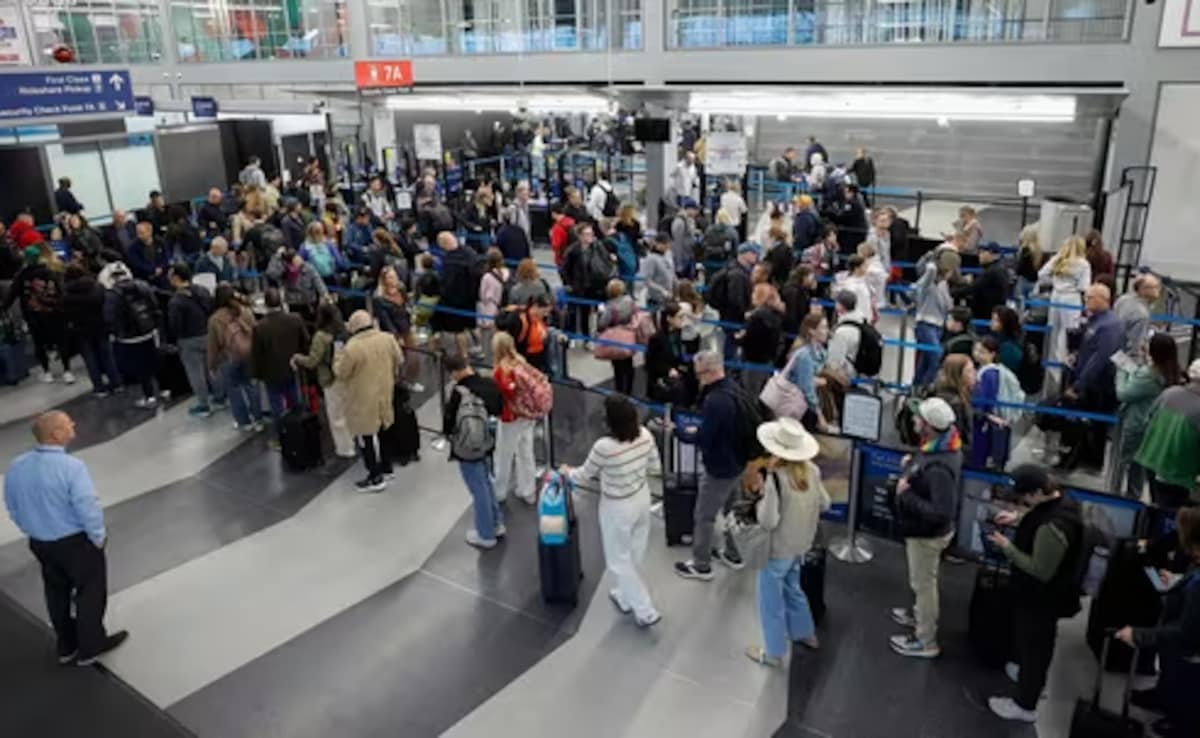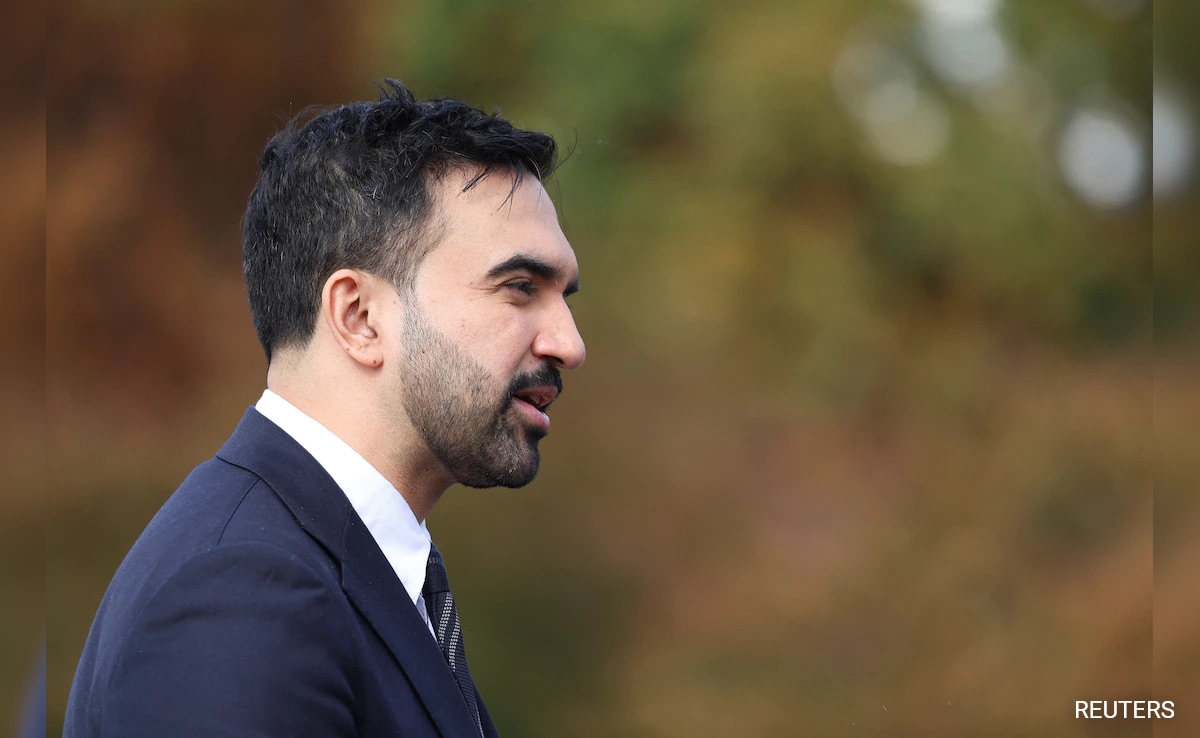Thatâs contributed to the one of the most open and uncertain electoral races the country has seen in decades. The lead in the polls has swung between all the three biggest parties, but has now narrowed to a tight two-horse race.
The chancellery appears within the reach of two men, both in their sixties and representing the countryâs two most established parties.
There is Olaf Scholz, 63, from the center-left Social Democrats, or SPD, who has tried to present himself as Merkelâs natural successor following a stint in her latest coalition cabinet as finance minister and vice chancellor. His dry and technocratic political style might just have won him over to Germans looking for a steady hand.
Or Armin Laschet, 60, the candidate for Merkelâs Christian Democrats and its smaller sister party. The leader of Germanyâs western state of North Rhine-Westfalia, Laschet has run a gaffe-prone campaign and is unpopular with voters, but has the benefit of a robust center-right support base behind him.
Laschet has edged closer to Scholz in the polls in recent days. The Forsa polling firm on Friday projected Laschetâs bloc will get 22 percent of the vote, compared to 25 percent for Scholzâs Social Democrats â putting the lead position within the margin of error.
âItâs a really open situation,â said Nils Diederich, a German political scientist and former SPD parliamentarian.
Even the outcome of Sundayâs election will not fully settle the political picture. No party is expected to win a majority in parliament, meaning that at least two â and possibly three â parties will need to band together to create a coalition government. That could mean long coalition talks with Merkel remaining as de facto leader as it plays out.
Some 40 percent of voters were still undecided with less than two weeks to go before the vote, according to a poll by the Allensbach Institute commissioned by the Frankfurter Allgemeine newspaper. The majority of those still on the fence said that was because they were not persuaded by any of the top candidates.
Scholz was scheduled to campaign in Potsdam, just outside of Berlin on Saturday, where Annalena Baerbock, 40, the leader of Germanyâs Greens, was also expected to meet voters. They are running for the same seat, but under Germanyâs complex voting system â a mix of a U.S.-style first-past-the-post system and proportional representation â both can still make it into the Bundestag, Germanyâs parliament.
Laschet was due to appear alongside the outgoing chancellor in his hometown of Aachen on Germanyâs western border, in the hopes that a little of her continued popularity might boost his flagging campaign.
Merkel had expressed a desire not to get involved in campaigning, but she has joined Laschet on the campaign trail in recent days. At a rally in Munich on Friday, she urged Germans to vote for Laschet âto keep Germany stable.â
The party picked him as leader, and later their candidate for the chancellery, despite his lack of popularity with voters. During the pandemic he had been criticized for his handling of the crisis, including by Merkel, as he pushed back against restrictions earlier this year.
Laschetâs state was one of the hardest hit in devastating floods in July. But he was caught on camera laughing during a tribute to its victims â the biggest misstep of a checkered campaign.
Both Merkel and Laschet have pressed upon voters that a win from the Social Democrats could mean a coalition including Germanyâs far-left Die Linke party â one that is stigmatized for much of German society because of Die Linkeâs roots in the party that ruled Communist East Germany.
Scholz has not ruled out such a constellation, though says itâs not his preference.
That message has hit home for some. âThis year we have to choose the lesser evil,â said Karin, 64, who was visiting Stralsund in Merkelâs home constituency earlier this week to see the chancellor appear alongside Laschet. She declined to give her last name to speak about how she was voting: for Laschetâs bloc even though she felt that âhe really doesnât belong in politics.â
âHe doesnât have any ability to get things done,â she said. âHe canât even manage his state.â
But she was too worried that voting for anyone but the Christian Democrats could mean a coalition of the Social Democrats, the Greens and Die Linke.
Given the complexities of putting together a coalition, âI imagine that after the election there will be chaos for a long time,â she said.
In 2017, that took a record five months. In the end, the Social Democrats reluctantly agreed to reenter a so-called âgrand coalitionâ with the Christian Democrats. They have said they donât want to do that again.
Since Merkel will remain in office until a new government is formed, it could see her overtake her former political mentor, Helmut Kohl, as the longest-serving chancellor of Germanyâs modern federal republic.
âI suspect Mrs. Merkel might be in office for some time,â said Rüdiger Schmitt-Beck, a politics professor at Mannheim University, referring to the potential for drawn out negotiations.
That will also make it more difficult to govern. âThere will be a trend toward immobilism, toward lame compromises, toward not resolving problems,â he said. âThe ability of the system to tackle the challenges it faces will be weakened.â
The campaign has focused little on issues of policy, and more on personalities. Baerbock, whose Greens had taken a lead in the polls earlier in the campaign, became embroiled in questions of resume embellishments and plagiarism.
While Baerbock has talked a harder line on policy toward Russia and China, Scholz and Laschet have indicated little in the way of a shift from Merkelâs course.
One issue that has been tackled more extensively is climate change, which came under extra focus following Germanyâs flooding.
On Friday, more than 400 German cities and towns urged the countryâs next government to put a greater emphasis on combating climate change.
At the main protest in central Berlin, Swedish climate activist Greta Thunberg encouraged protesters to vote â even though she criticized Germanyâs established parties over their environmental proposals. âNo one party is even close to even proposing a pathway that would be consistent with the Paris agreement,â she said.
.png)











 English (United States) ·
English (United States) ·  Turkish (Turkey) ·
Turkish (Turkey) ·